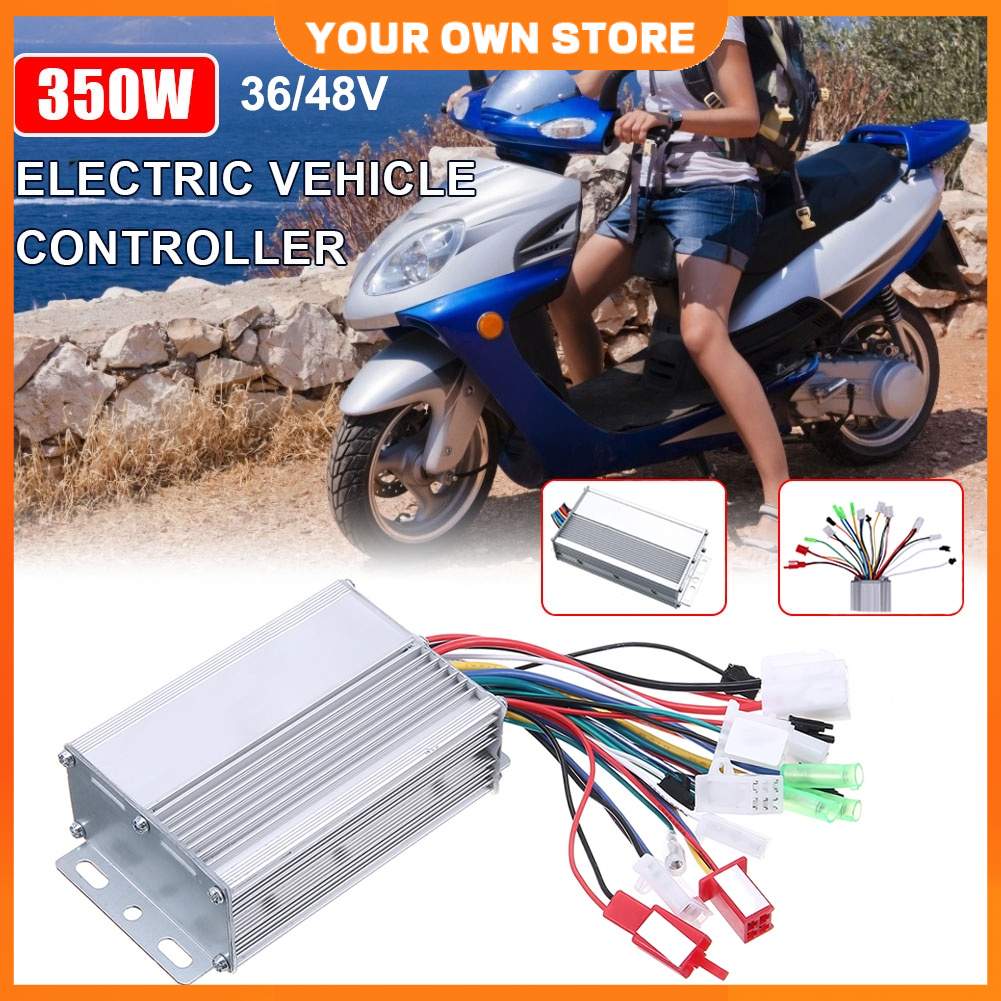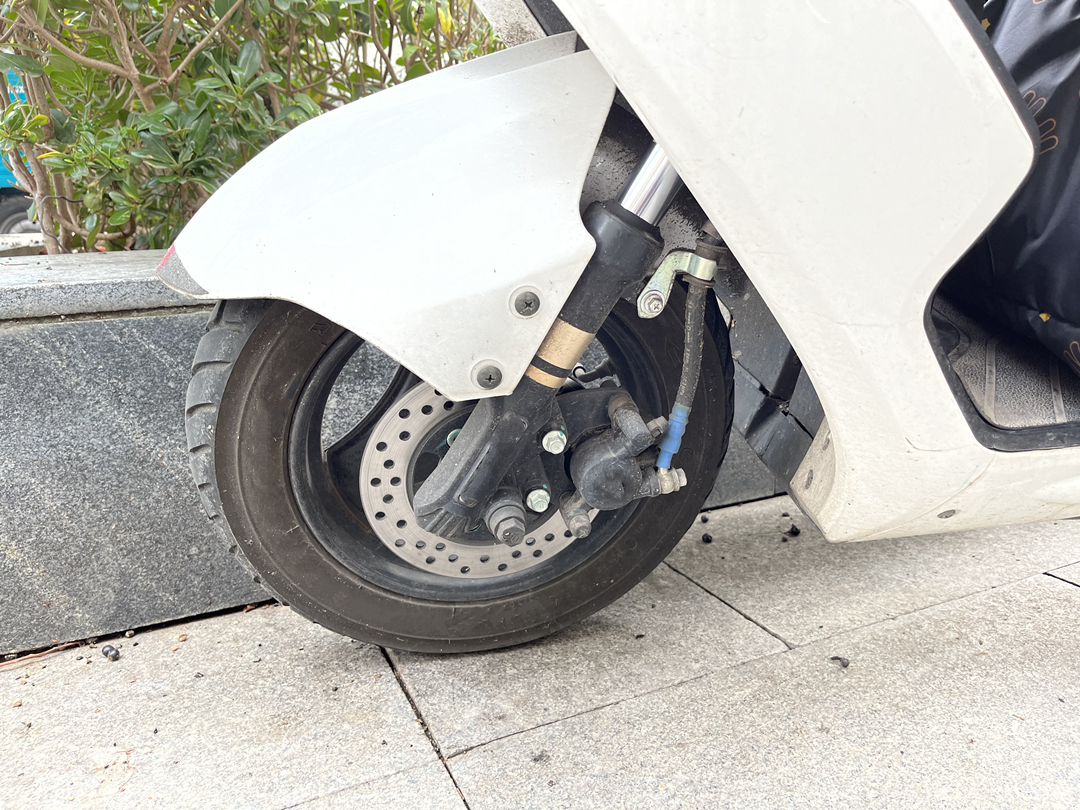Simple Info About Is 36V Better Than 48V

36V vs 48V
1. Understanding the Voltage Basics
So, you're staring down the barrel of an electric purchase, maybe a scooter, an e-bike, or even a power tool. And you see these numbers floating around: 36V and 48V. What's the deal? Are they just random figures, or do they actually mean something? Turns out, they're pretty important! They tell you about the power potential of the device. Think of voltage like water pressure in a pipe; the higher the pressure, the more water (power) you can push through.
In the world of electronics, volts (V) measure electrical potential difference. Basically, it's the force that drives electrons through a circuit. Higher voltage generally means more power available to do work. Now, before you automatically think "more is always better," let's dig a little deeper. Just because 48V sounds bigger doesn't necessarily mean it's the perfect choice for you.
What really matters is how that voltage translates into performance for the specific application. A 48V system might offer more torque for climbing hills on an e-bike, or longer runtime for a power tool. However, it also might be heavier and more expensive. It's a balancing act, and understanding your needs is key to picking the right voltage.
We're not just talking about raw power either. Voltage can impact efficiency, heat generation, and even the lifespan of your battery. So, let's break down the advantages and disadvantages of each voltage to help you make an informed decision. No need to feel overwhelmed; we'll make this easy!

Powering Up
2. More Oomph, More Potential
Okay, let's talk 48V. The big selling point here is power. Plain and simple. A 48V system generally provides more torque and can handle heavier loads compared to a 36V system. This is especially noticeable in applications like e-bikes, where you need that extra boost to tackle steep hills or carry cargo. Think of it as having a bigger engine in your car; it's just got more muscle.
And it's not just about raw strength. 48V systems often deliver better efficiency, especially when dealing with higher power demands. This can translate into longer runtimes, meaning you can go further on your e-bike or use your power tool for longer before needing a recharge. Less time plugged in, more time doing what you need to do. Sounds pretty good, right?
Another often-overlooked advantage of 48V is the potential for smaller wires. Because the higher voltage allows for lower current to deliver the same power, the wires don't need to be as thick. This can lead to lighter and more compact designs, which is a definite plus in portable applications. Every little bit helps when you're lugging things around.
However, there are potential downsides. 48V systems can be more expensive and heavier than their 36V counterparts. And while the higher voltage can improve efficiency at higher power levels, it might not make a huge difference if you're only using a small amount of power. It's all about matching the voltage to your specific needs and usage patterns.

Staying Efficient
3. Simplicity and Affordability
Now, let's shift our focus to 36V. While it might not have the same raw power as 48V, it definitely has its own set of advantages. The biggest one is often cost. 36V systems tend to be more affordable than 48V systems, both in terms of the initial purchase price and the cost of replacement parts like batteries. If you're on a budget, 36V might be the way to go.
Another advantage is weight. 36V systems generally use smaller batteries and components, making them lighter than 48V systems. This can be a significant factor in applications where portability is crucial, such as electric scooters or smaller power tools. Every pound counts when you're carrying something around all day.
36V systems can also be simpler to design and maintain. The lower voltage can reduce the risk of electrical arcing and other potential problems, making them more reliable in certain environments. This can be a big plus for DIY enthusiasts or those who prefer simpler technology.
Of course, the trade-off is that 36V systems typically offer less power and torque than 48V systems. This might not be a problem if you're only using the device for light-duty tasks, but it could be a limitation if you need to tackle more demanding jobs. Think about what you'll actually be using the device for most of the time.

What Is The Difference Between A 12V, 24V, 36V, And 48V System
Matching Voltage to Your Needs
4. Application is Key
Ultimately, the "better" voltage depends entirely on your specific needs and application. There's no one-size-fits-all answer. Consider what you'll be using the device for, how often you'll be using it, and what your budget is. These are key factors in determining which voltage is the best fit for you.
For example, if you're looking for an e-bike to commute on flat terrain, a 36V system might be perfectly adequate. But if you plan on tackling steep hills or carrying heavy loads, a 48V system might be a better choice. Similarly, if you're looking for a power tool for occasional DIY projects around the house, a 36V model might be sufficient. But if you're a professional contractor who uses power tools all day long, a 48V model might offer better performance and runtime.
It's also worth considering the availability of replacement parts and accessories. 36V systems tend to be more common, so you might have an easier time finding batteries and other components. However, 48V systems are becoming increasingly popular, so the availability of parts is likely to improve over time.
Don't just blindly follow the "more is better" mantra. Take the time to assess your needs and choose the voltage that best matches your requirements. You might be surprised at how much difference it can make in the long run. And remember, it's not just about the voltage; it's about the overall quality and design of the device.

Is 36V Better Than 48V? YouTube
Beyond Volts
5. Battery Tech, Motor Efficiency, and More!
While voltage is definitely a crucial factor, it's not the only thing that matters. The type of battery used, the efficiency of the motor, and the overall design of the device all play a significant role in its performance and reliability. Don't get so hung up on the voltage that you overlook these other important aspects.
For example, a device with a high-quality lithium-ion battery will generally outperform a device with a cheaper lead-acid battery, even if they both operate at the same voltage. Similarly, a device with an efficient motor will be able to convert more of the electrical energy into useful work, resulting in better performance and longer runtime.
It's also important to consider the overall build quality of the device. A well-built device will be more durable and reliable, even if it doesn't have the highest voltage or the most advanced features. Look for devices made from high-quality materials with solid construction. Read reviews and see what other users have to say about the device's reliability.
Don't be afraid to do your research and compare different models before making a purchase. Read reviews, watch videos, and ask questions. The more information you have, the better equipped you'll be to make an informed decision and choose the device that's right for you. Voltage is important, but it's just one piece of the puzzle.

Why Is A 48V Battery Better Than 12V Battery? Redway Power™
FAQ
6. Everything You Need to Know
Still got questions? We've got answers! Here are some frequently asked questions about 36V and 48V systems:
Q: Can I use a 48V battery on a 36V system, or vice versa?A: Absolutely not! Using the wrong voltage battery can seriously damage your device and even pose a safety hazard. Always use the battery that's specifically designed for your system.
Q: Are 48V systems more dangerous than 36V systems?A: Not necessarily. Both voltages can be dangerous if not handled properly. However, 48V systems have a slightly higher potential for electrical shock, so it's important to follow safety precautions and avoid contact with exposed wires.
Q: Will upgrading from 36V to 48V always improve performance?A: Not always. While a 48V system generally offers more power, it's not always the best choice. If your device is already performing adequately at 36V, upgrading to 48V might not make a noticeable difference. Consider your specific needs and usage patterns before making a decision.
Q: How does amperage relate to voltage?A: Amperage (amps) measures the amount of electrical current flowing through a circuit. Voltage is the "pressure" pushing that current. Wattage (power) is calculated by multiplying voltage and amperage (Watts = Volts x Amps). So, while voltage is important, amperage also plays a key role in determining the overall power output.